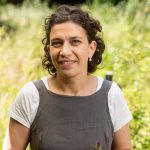Fighting Factory Farms
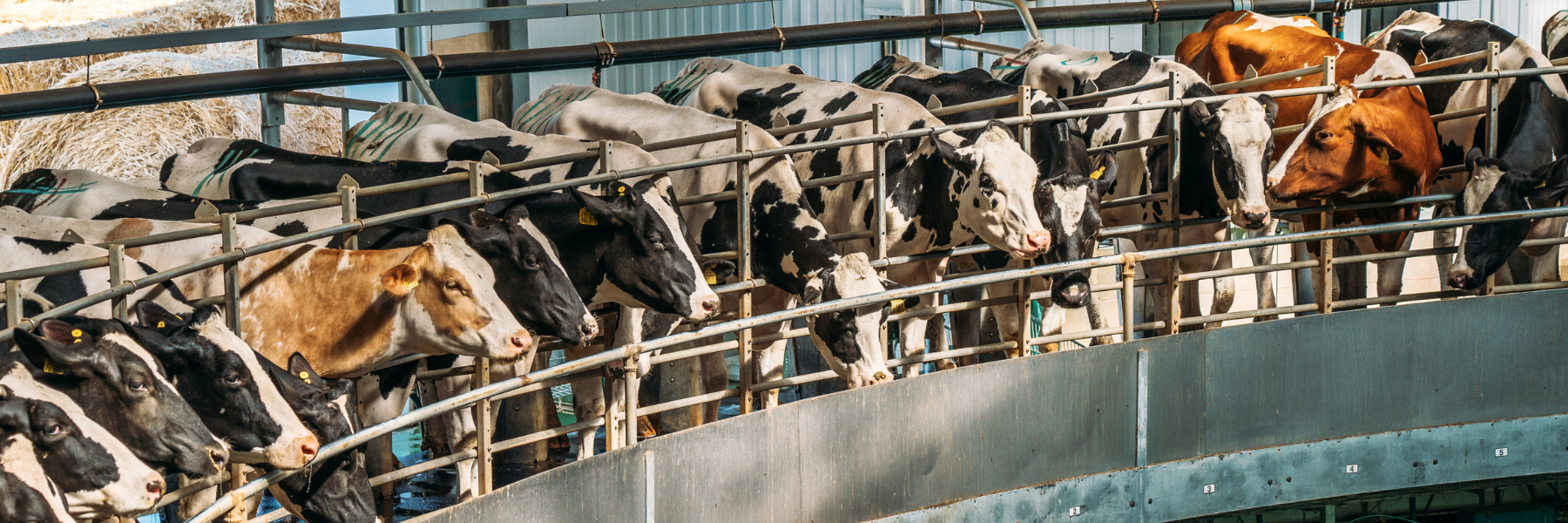
For a just transition in livestock agriculture
Over the past few decades, the food system in Europe has become increasingly dominated by factory farms that confine tens of thousands of animals into tightly packed facilities. Misguided trade and agricultural policies have pushed farmers to adopt more intensive practices, driving an increase in the average number of animals per farm.
Yet many livestock producers are struggling to survive, and more and more smaller farms face closure. This intensified farming, compromising animal welfare, yields cheap meat for consumers and hefty profits for agribusiness – but it’s people and planet who are paying the price.
European discussions on food policies often ignore the impact our reliance on factory farming for meat production has on the environment and on people’s health. The problem is that the “polluter-pays” principle is not applied to factory farms, and factory farms shift their pollution cleanup to taxpayers, increasing the burden on essential resources like water.
Other social and environmental costs are borne by farmers, consumers, local residents, and food sector workers – in the form of ill health and poor working conditions – and by the environment in Europe and globally.
We campaign for public policies that reduce the control of big business over the food chain, protect the environment and small farmers and support local communities resisting the expansion or building of new factory farms.
In particular, we aim at stopping the building of new and the expansion of existing factory farms in 5 European countries – Spain, Denmark, Northern Ireland, Poland, Hungary – and to take away the social license to operate of the industrial livestock industry.
European communities beyond factory farming
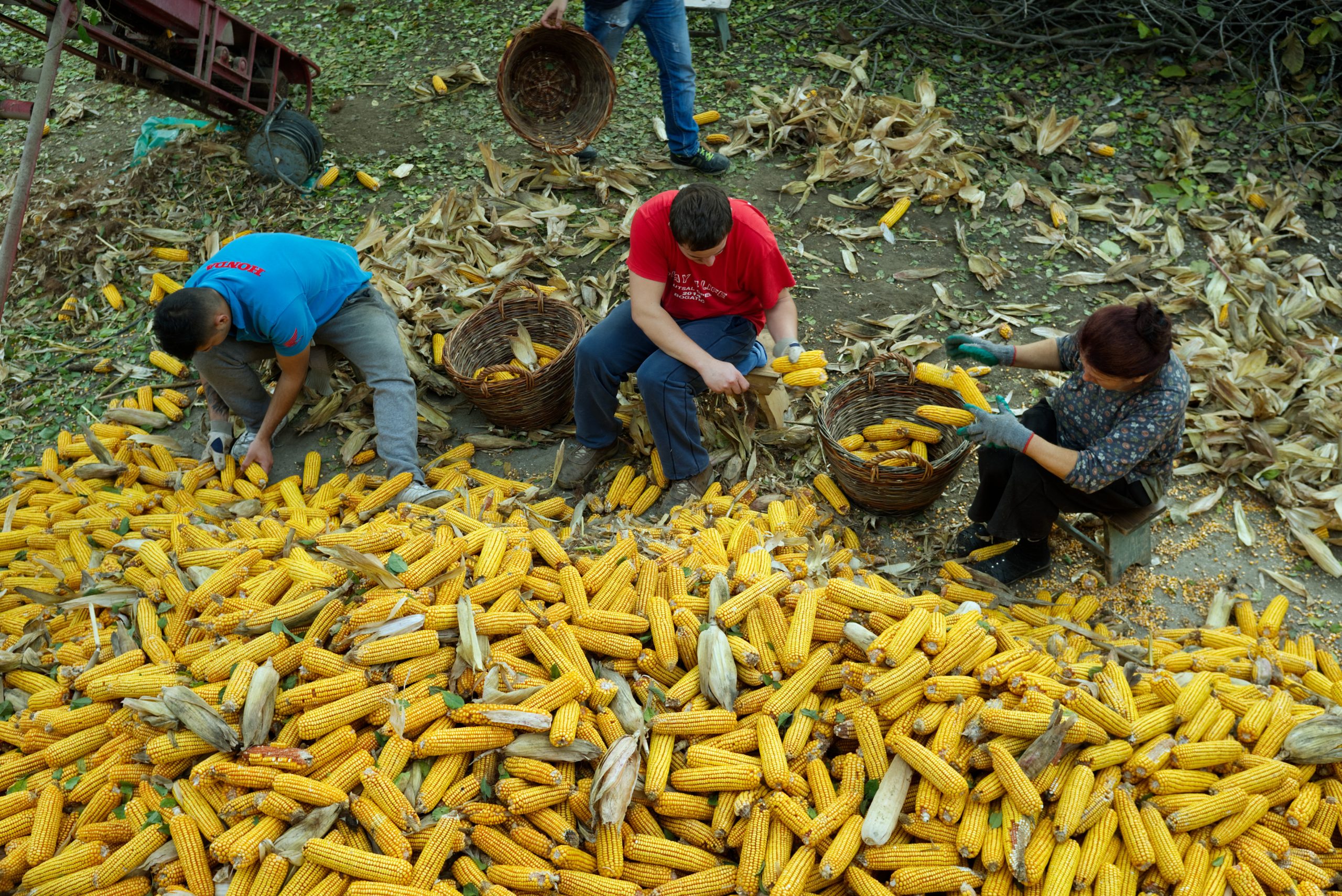
The “European communities beyond factory farming” project connects communities and NGOs in 5 European countries – Spain, Denmark, Northern Ireland, Poland, Hungary – resisting factory farms to strategise, learn and share tools to be more effective in campaigning on the ground. It’s a mechanism of mutual support and exchange defined by the needs of the local communities. It enhances the voice and perspectives of local communities, and will lead to better coordination of actions. In this way it strengthens and diversifies the narrative on the need to dismantle the industrial model of production and to strengthen environmentally friendly farming practices with the final goal of stopping the building of new and the expansion of existing factory farms and to take away the social licence to operate of the industrial livestock industry.
For this we offer support in strengthening the campaign capacities of local communities resisting factory farming through increased national and European support, capacity-building, information and strategy exchange. At national level we increase the outreach to and connect more communities as well as provide more targeted support for them.
News and publications
14/10/24
Resisting animal factories: local testimonies & collective action
Over the past few decades, Europe’s food system has become increasingly dominated by animal factories, confining tens of thousands of animals into cro …
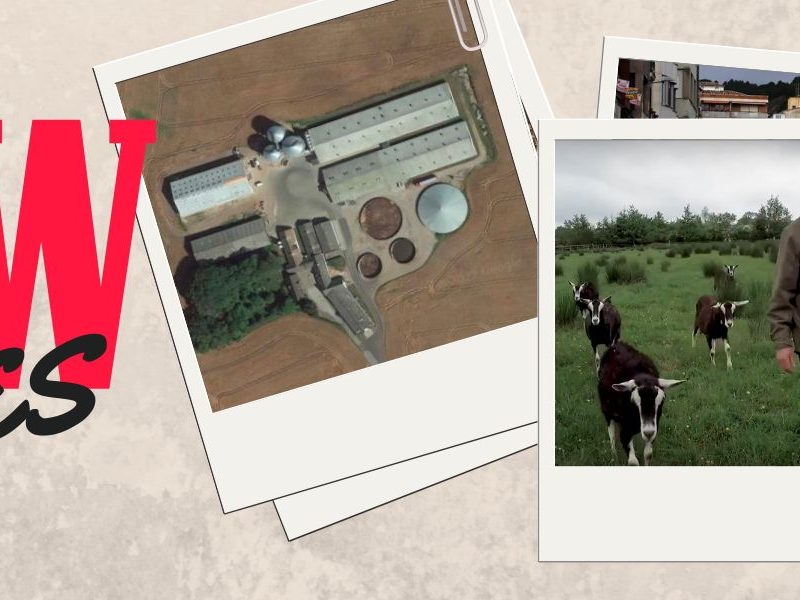
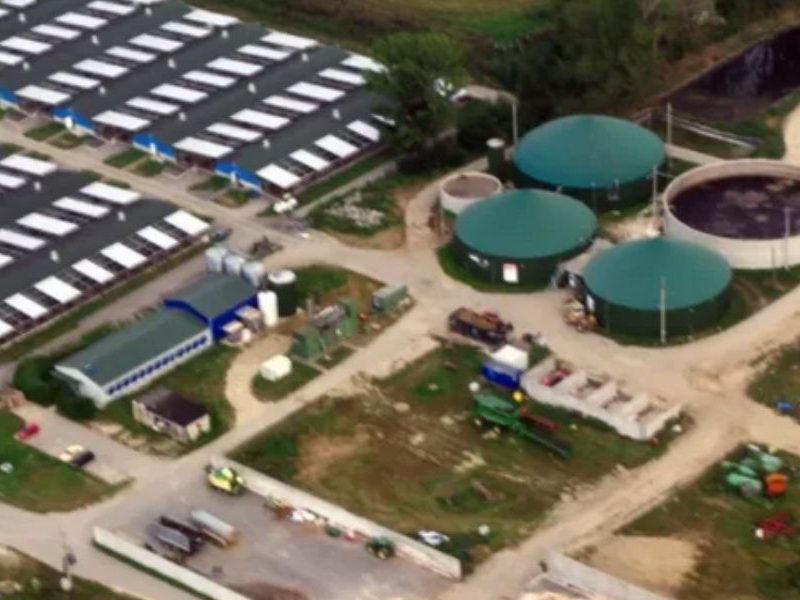
14/10/24
Facing the wind: Kisbér residents’ fight against pig factory’s pollution
This story is part of a series highlighting local testimonies and collective action against animal factories In the village of Kisbér, located in Komá …
28/07/23
How Europe lets industrial animal farms off the hook
Unpacking the Industrial Emissions Directive This July, the European Parliament voted on its position on an update to the Industrial Emissions Directi …
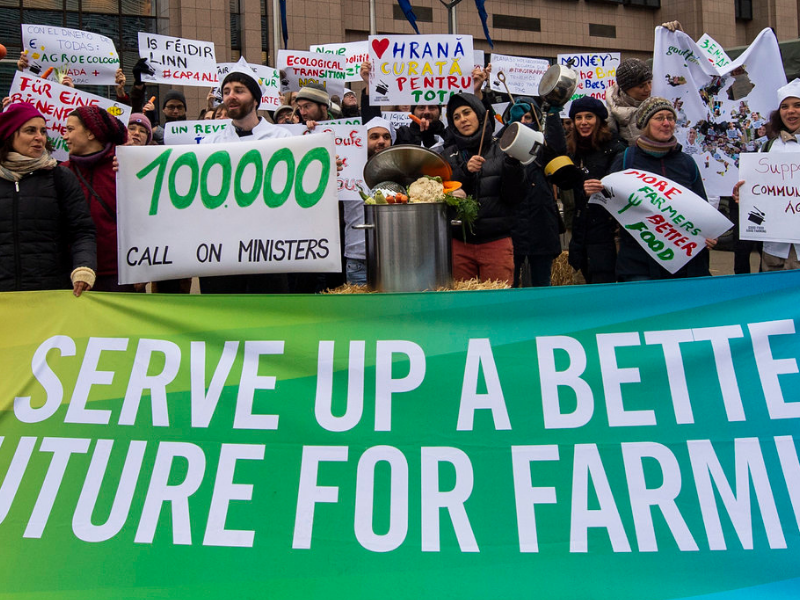
Contact
|
Stanka BechevaFood & farming campaigner
|


